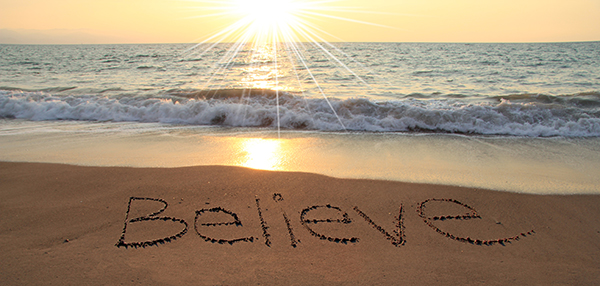In 1648, after 80 years of fighting for religious independence from the Catholic king of Spain, the Dutch Republic became the first Protestant nation in the world. Now, 400 years later, according to the recently published survey Buiten kerk en moskee (‘Beyond Church and Mosque’), more than half of the population proclaim they are either agnostic or atheist, making it the first agnostic/atheist country in the world.
What happened? The report, conducted by the Sociaal Cultureel Planbureau (Netherlands Institute for Social Research), studied the religious landscape of the Netherlands, outside those affiliated with Christian churches and Muslin mosques. It concluded that the number of people who have never attended a church service shot up from 53% in 1983 to 69% in 2018, and the percentage of proclaimed atheists increased from 16% in 1990 to 29% in 2018. In sum, 22% of the Dutch population consider themselves ‘barely religious’ while 37% are ‘affirmed non-religious’.
Since the 1960s, society in the Netherlands has become increasing more secular and individualistic. The development started the “ontzuiling” or “de-pillarization” of Dutch society, which since the late 19th century until the 1960s had been segmented into religious subcultures. Each religious group (Dutch Reformed Protestants, Dutch Protestant Orthodox, Roman Catholics, Socialists, Communists, etc.) had its own political party, schools, newspapers, television and radio stations. From the mid-1960s until today, this religious and political structure of the Netherlands has slowly dissolved and society has become more secular. Consequently, the percentage of people who proclaim to be active believers has decreased by two-thirds.
The series of surveys entitled “God in the Netherlands”, which was first conducted in 1966, traces the downfall in adherence to the Christian doctrine. Currently, only a small minority of the population (between 14% to 28%) still believe that God is personally concerned with each individual’s wellbeing, that the Bible is the Word of God, and that there is life after death. Today most people only attend church for milestone life events, such as marriages and funerals, but otherwise, the report argues, organized religions do not fulfill the personal needs of individuals in modern society. People nowadays no longer look for the answers to the meaning of life in organized religions such as Christianity and the Muslim faith. Instead, the seek to find meaning in life from within. Individuals consider themselves completely free to pursue their own happiness in whatever way, shape or form.
However, a secular society was not what the Dutch Protestant forefathers had in mind 400 years ago. Some social scientists claim that the success of Protestantism in the sixteenth and seventeenth century ultimately led to the downfall of faith today. After the Dutch Republic was established, it became mandatory for all children to learn how to read, as they were expected to read the Bible for themselves. With everyone reading the Bible, this development ultimately unleashed new interpretations of the Bible and opened up new discussions about the Word of God. Some even questioned the very existence of God. Without the general populace being able to read, new advancements in science and medicine would have been unthinkable in the 17th century, let alone the Enlightenment a century later, which promoted the pursuit of individual happiness and freedom. This tradition of independent thought, the habit of questioning the meaning of life during the Enlightenment, and increasing individualization after the Second World War, people have shifted away from organized religion, or even stopped believing altogether.
Today, individuals find more purpose and meaning in life by themselves, rather than having it presented to them in a ready-made religious form. On the downside, with the new freedom comes also more personal responsibility. God cannot be blamed for everything, and individuals today are held accountable for what happens to them in their own personal life. Nevertheless, in the same week the report declaring the country to be agnostic/atheist was released, the United Nation’s World’s Happiness Report was also issued. With more non-believers than believers, the Netherlands still ranked #5 happiest country in the world.
Written by Benjamin B. Roberts
